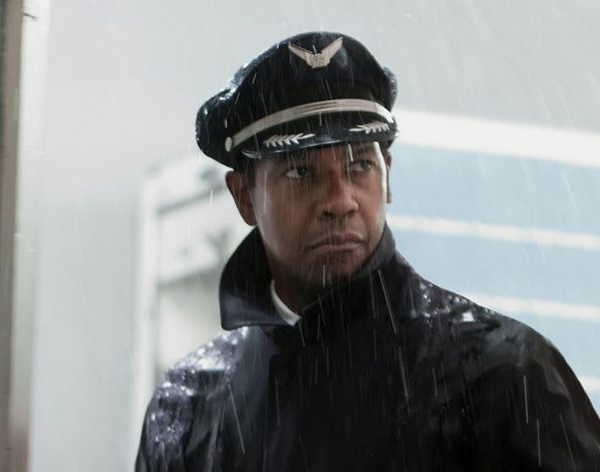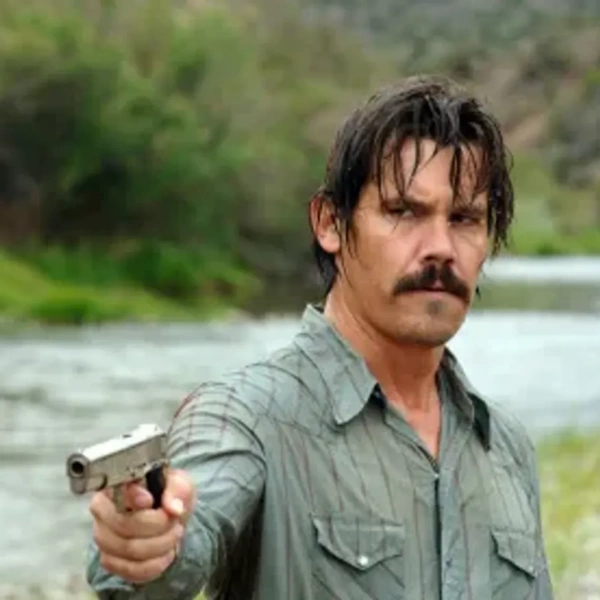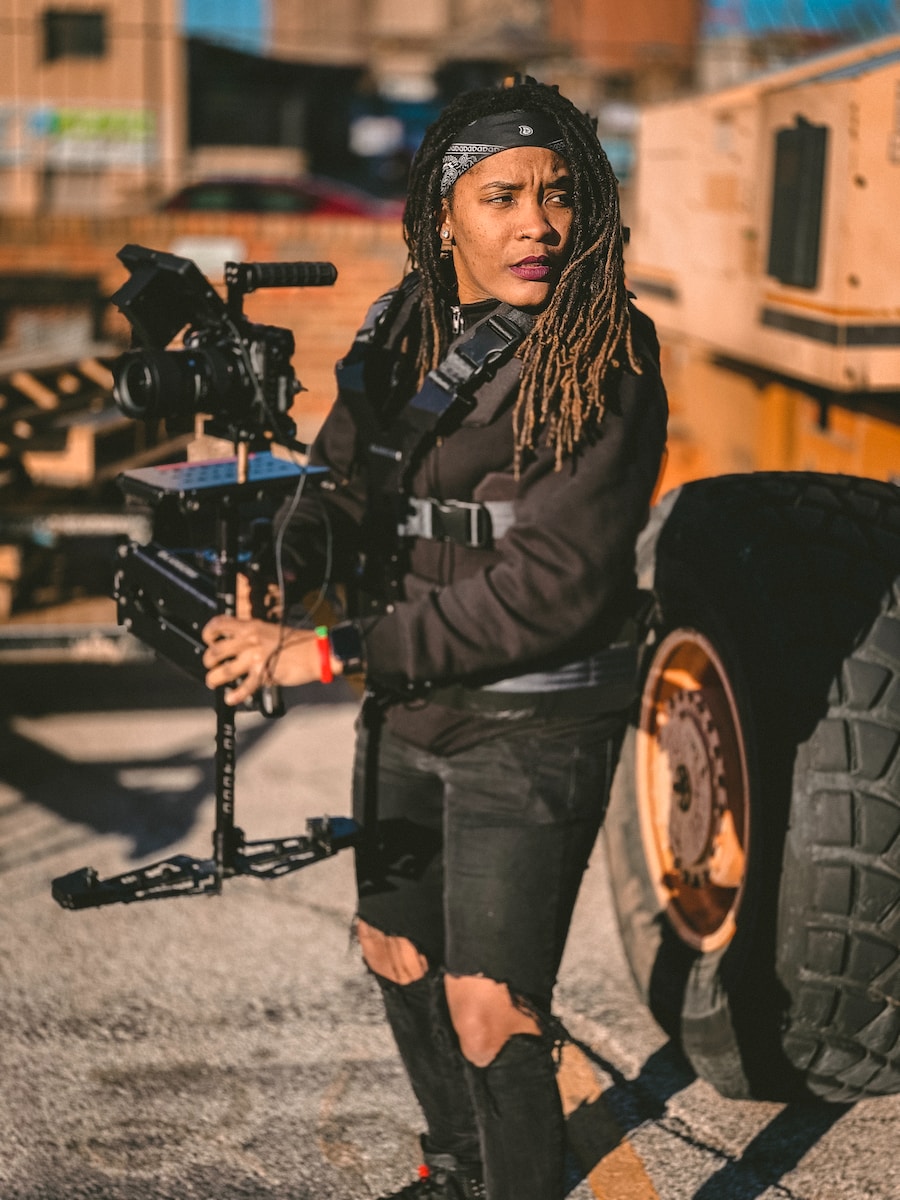
Lights, camera, empowerment! Today, let’s dive into the fascinating world of women in film – the unsung heroines, the visionaries, and the game-changers who have left an indelible mark on the silver screen. As someone who has been weaving through the narratives of movies for the past four years, I can’t help but celebrate the trailblazing women who have shaped the cinematic landscape with their talent, resilience, and, of course, a dash of humor.
The Golden Age: Dorothy Arzner, the Trailblazer
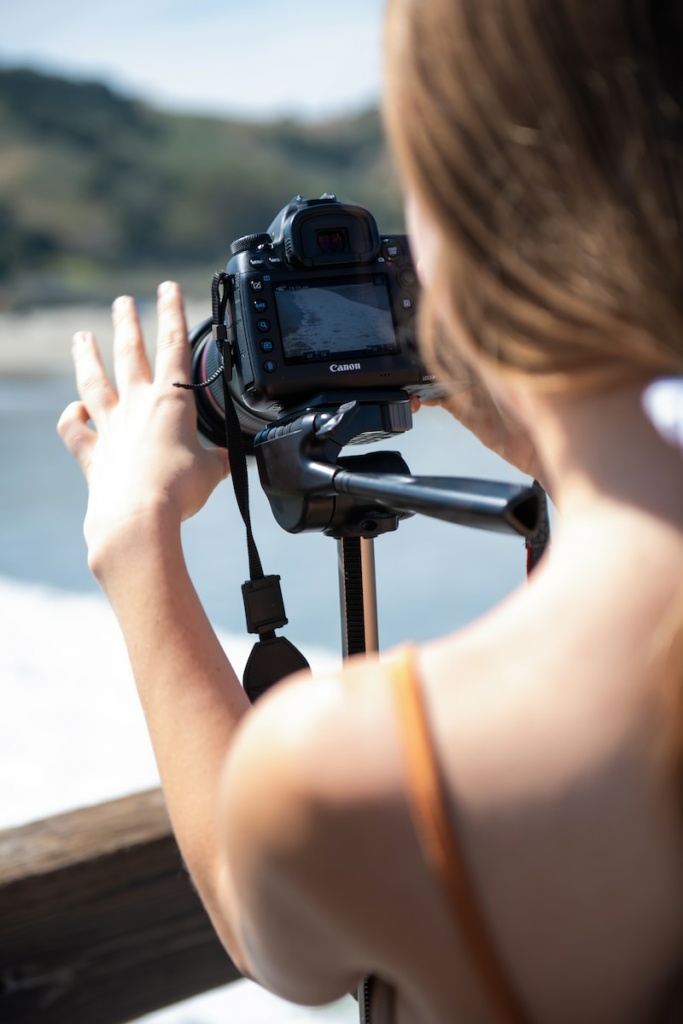
Our journey begins in the Golden Age of Hollywood, and leading the charge is Dorothy Arzner. Ever heard of her? If not, you’re not alone. Arzner, with her cropped hair and unapologetic demeanor, was a force to be reckoned with. In the 1930s, when women in Hollywood were often relegated to secretarial roles, Arzner broke the mold.
In 1927, she became the first woman to join the Directors Guild of America. Arzner’s directorial work includes “Dance, Girl, Dance” (1940), a film that explored the complexities of female friendship and the challenges women faced in the entertainment industry. Imagine the audacity – a film about women, directed by a woman, in an era dominated by male perspectives.
The Rebel: Ida Lupino, Actress, and Director
Fast forward to the 1950s, and enter Ida Lupino, a true cinematic rebel. Lupino started as an actress but, unsatisfied with the roles offered to her, decided to take matters into her own hands. In 1950, she co-wrote, co-produced, and co-directed “Outrage,” a film that tackled the sensitive subject of rape, a topic rarely discussed in mainstream cinema at the time.
Lupino continued to break barriers with her directorial work in the male-dominated film noir genre. Films like “The Hitch-Hiker” (1953) showcased her ability to craft tense and gripping narratives. Lupino’s journey from actress to director paved the way for future generations of women who dared to wield the director’s chair.
The Nouvelle Vague Muse: Agnès Varda, Queen of French Cinema
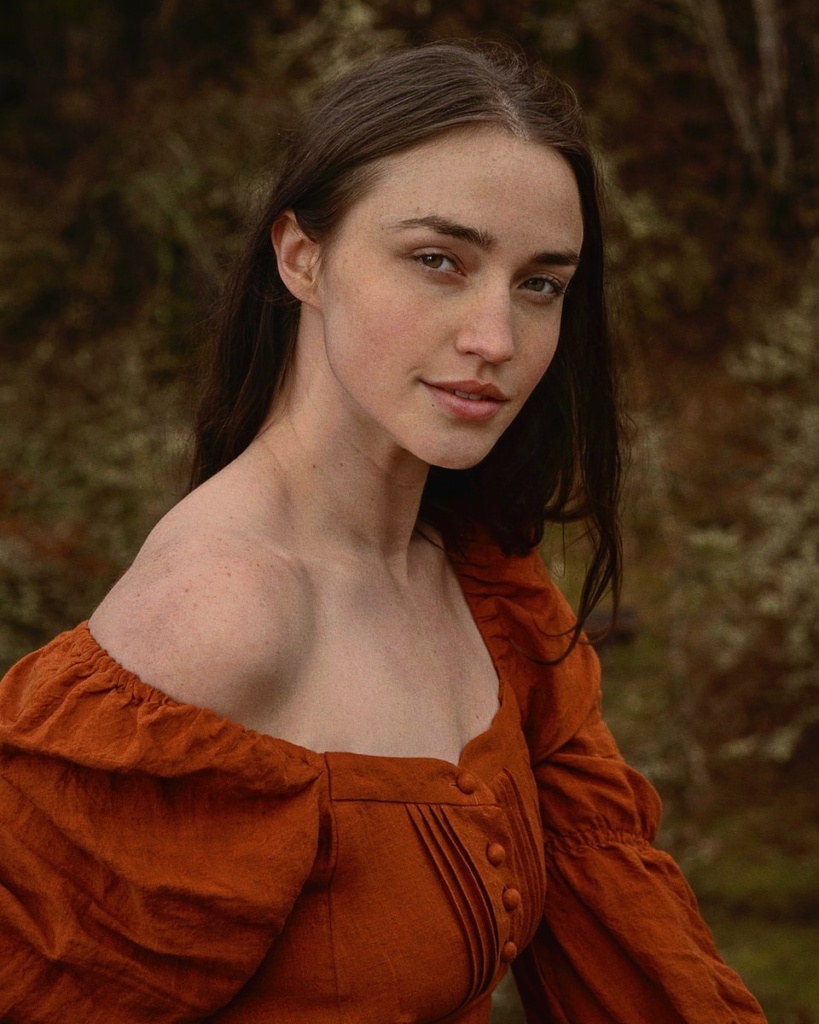
As we hop across the pond to France, we encounter the incomparable Agnès Varda, often hailed as the grandmother of the French New Wave. Varda’s whimsical and poignant films, such as “Cleo from 5 to 7” (1962) and “Vagabond” (1985), showcase her ability to blend social commentary with a unique cinematic style.
Varda’s influence extends beyond her directorial work. She was a vocal advocate for gender equality in the film industry, calling for more opportunities for women both in front of and behind the camera. In 2017, at the age of 89, she became the oldest nominee for an Academy Award for her documentary “Faces Places.” Talk about aging like a fine wine!
The Sci-Fi Pioneer: Kathryn Bigelow’s Oscar Triumph
Fast forward to the 21st century, where Kathryn Bigelow shattered the glass ceiling by becoming the first woman to win the Academy Award for Best Director. Her war thriller, “The Hurt Locker” (2008), not only captivated audiences with its intense storytelling but also made history by placing a woman at the forefront of the traditionally male-dominated category.
Bigelow’s win was a groundbreaking moment, signaling a shift in the industry’s perception of women directors. Her subsequent films, such as “Zero Dark Thirty” (2012), continued to showcase her ability to navigate complex narratives and deliver gripping cinematic experiences.
The Marvel Maven: Patty Jenkins and the Superhero Revolution
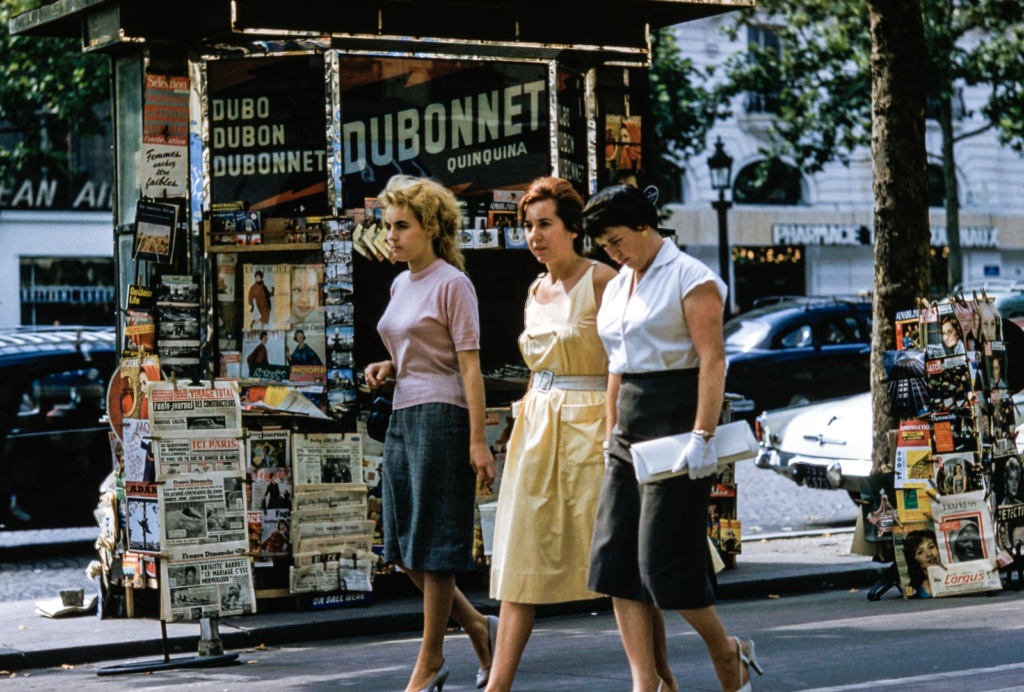
Enter the era of superheroes, and leading the charge is Patty Jenkins. In 2017, Jenkins directed “Wonder Woman,” a film that not only broke box office records but also shattered the notion that female-led superhero films couldn’t compete in the male-dominated genre.
Jenkins brought a fresh perspective to the superhero narrative, emphasizing character development, emotional depth, and a sense of empowerment. “Wonder Woman” became a cultural phenomenon, proving that audiences were hungry for diverse and nuanced stories, regardless of the gender of the protagonist.
The Auteur: Greta Gerwig and the New Wave of Storytelling
As we navigate the cinematic landscape of today, Greta Gerwig emerges as a beacon of the new wave of storytelling. Gerwig, both an actress and director, gained acclaim with her directorial debut, “Lady Bird” (2017). The film, a coming-of-age tale, was celebrated for its authenticity, humor, and a nuanced portrayal of the mother-daughter relationship.
Gerwig continued her streak with the adaptation of Louisa May Alcott’s classic novel, “Little Women” (2019). The film received critical acclaim for its modern take on a timeless story, showcasing Gerwig’s ability to infuse classic tales with a fresh and relevant perspective.
The Streaming Queen: Ava DuVernay’s Impactful Narratives

In the era of streaming, Ava DuVernay stands out as a powerhouse director and producer, using her platform to champion diversity and social justice. DuVernay’s documentary “13th” (2016) explored the intersection of race and mass incarceration in the United States, earning her an Academy Award nomination.
She continued to make waves with projects like the critically acclaimed series “When They See Us” (2019), which shed light on the infamous Central Park Five case. DuVernay’s work extends beyond entertainment; it is a call to action, prompting audiences to confront uncomfortable truths and engage in meaningful conversations.
The Future: A Tapestry of Voices
As we gaze into the future, the landscape of women in film is evolving. More and more women are stepping into key roles as directors, writers, producers, and cinematographers, contributing their unique voices to the cinematic tapestry. The success of films like Chloé Zhao’s “Nomadland” (2020) and Emerald Fennell’s “Promising Young Woman” (2020) demonstrates the growing recognition of women’s impact on storytelling.
In conclusion, the contribution of women to the world of cinema is not just a footnote in history; it’s a dynamic and ever-evolving narrative. From the pioneers of Hollywood’s Golden Age to the modern trailblazers who are shaping the future, women in film have proven that their stories are not only worth telling but are essential for a truly diverse and inclusive cinematic experience.
So, here’s to the women who dared to defy, to those who broke through barriers, and to the ones who continue to shape the cinematic landscape. As I continue my journey through the magical world of movies, I eagerly anticipate the stories that will unfold, guided by the visionaries who bring their unique perspectives to the silver screen.

